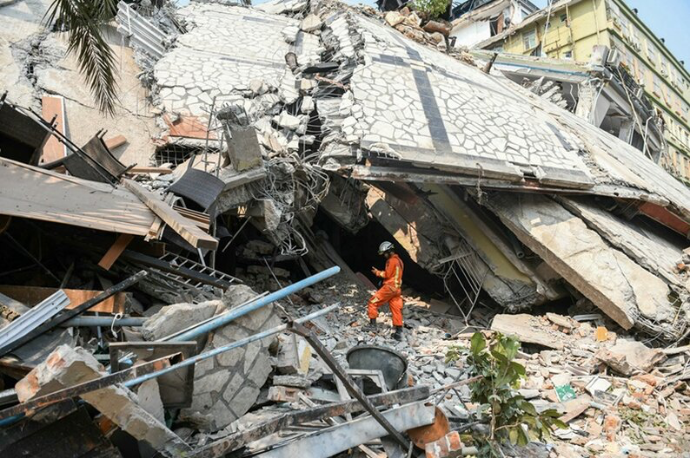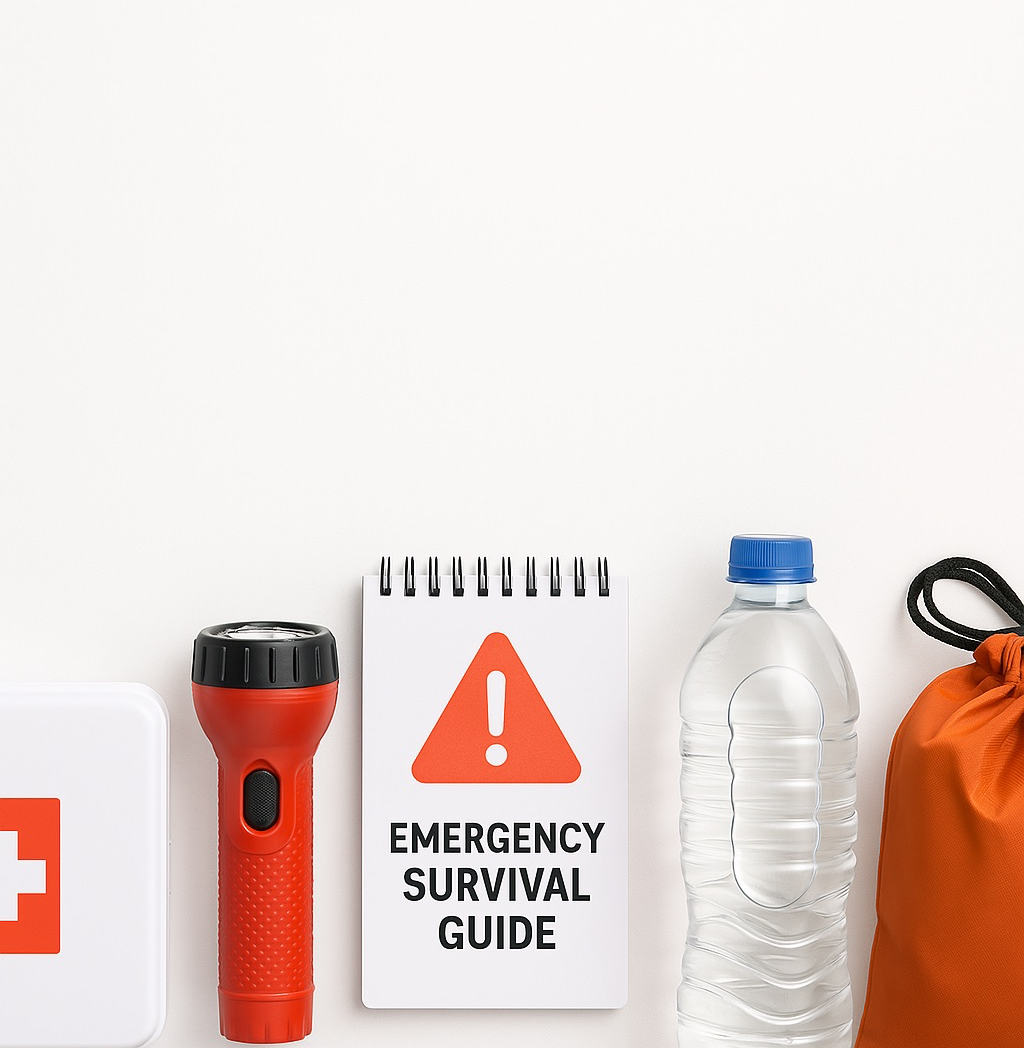Medical & Health
How to manage common emergency health issues
Food & Water
How to eat and drink safely after a natural disaster
Drinking Water
Water-borne disease is incredibly common and dangerous. Learn how to make water safer to drink, and what to avoid.
Safe nutrition for babies & young children
Babies and young children have different nutrition needs to adults. Read our guides to learn about safe ways to provide food and care.

